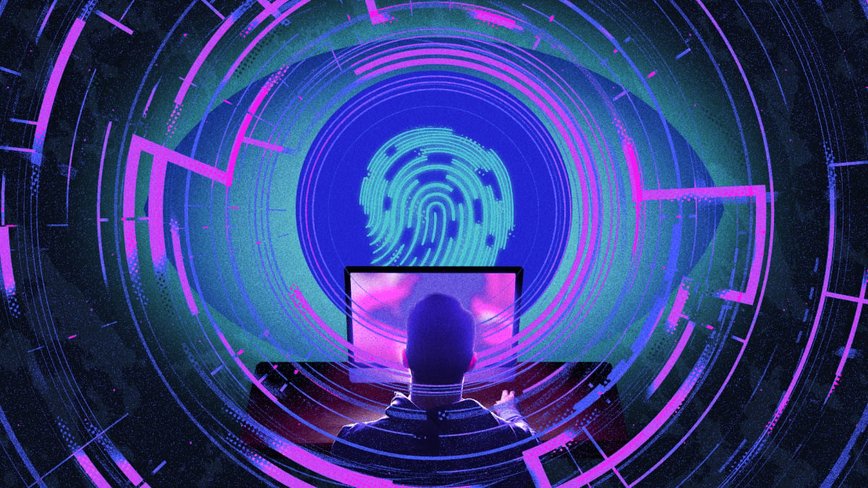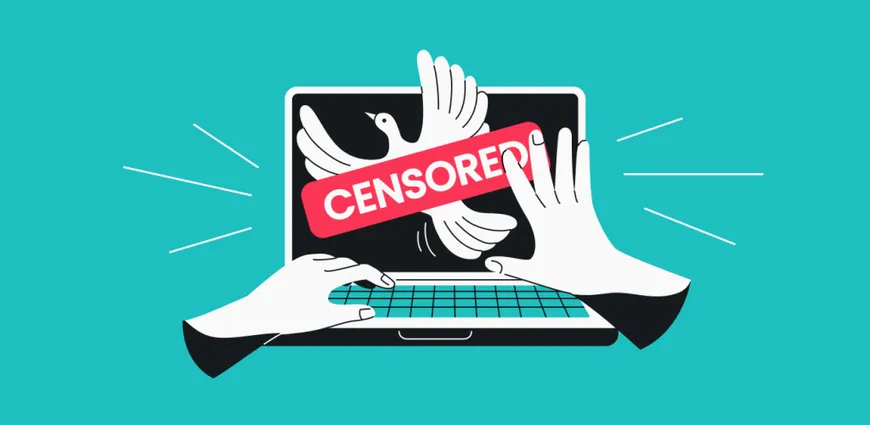
Is Porn Censorship About To Break The Internet? The Shocking Truth Revealed! - Fresh Celebrity News 2025

The Internet's New Reality: Age Verification Laws Are Here
Hey there, internet explorers! Buckle up, because the online world as we know it is getting a serious makeover - and not the cute kind. With new age verification laws popping up faster than viral TikToks, accessing everything from spicy content to everyday social media is starting to feel like a high-security mission.
In June, the US Supreme Court gave a thumbs-up to Texas's age-verification law, declaring it constitutional. Across the pond, the UK rolled out its own version in July with the Online Safety Act. These laws demand proof of age to access explicit content, but here's the kicker: they’re not just targeting adult sites - they’re creeping into mainstream platforms and indie websites too.
Whether it’s a facial scan, a credit card check, or some other ID hurdle, adults are now being asked to hand over personal info just to scroll. It’s got us wondering: is this about protecting kids, or are we all losing a slice of online freedom? Mashable’s Anna Iovine, who’s been diving deep into these topics, is sounding the alarm - and we’re here for the tea.

More Than Just Porn: The Ripple Effect of Censorship
Now, let’s get real for a sec. These laws might say they’re shielding minors from adult content, but the impact is way bigger - and honestly, a little scary. In the UK, non-explicit content on platforms like Reddit is already getting blocked, with subreddits like r/IsraelCrimes and r/stopsmoking suddenly off-limits. Even Spotify, dating apps, and video games are jumping on the age-check bandwagon.
Experts Mashable spoke to aren’t holding back, painting a pretty grim picture of our online future. Mike Stabile, director of public policy at the Free Speech Coalition, didn’t mince words about the UK’s rollout:
"The Online Safety Act has proven just how catastrophic this kind of regulation can be."
And it’s not just ineffective - it’s unpopular too. VPN downloads are skyrocketing as users fake their locations, and some are even using video game character selfies to dodge the checks. A preliminary NYU study backs this up, showing age verification just isn’t working as intended. Meanwhile, in the US, vague state laws and the Supreme Court’s ruling hint at more restrictions on the horizon.
Sex Workers and Creators Feel the Heat
Let’s talk about the folks hit hardest by this wave of censorship: online sex workers and content creators. Adult performer and activist Siri Dahl shared with Mashable how exhausting this fight has become, especially post-Supreme Court ruling. She’s on her eighth Instagram account, battling bans and shadowbans while watching her income drop 30 percent in 2025 due to platforms like Pornhub pulling out of states with strict laws.
Since 2018’s FOSTA/SESTA laws - which made online platforms liable for solicitation posts - social media giants like Instagram and Facebook have cracked down hard on sexual content. Sex educators, artists, and LGBTQ+ creators are also getting caught in the crossfire, often losing their digital spaces overnight. Siri’s even noticed ‘OnlyFans fatigue’ among users, but argues this viral hustle is a direct result of censorship forcing creators to get creative.
Then there’s Project 2025, the right-wing policy plan for a potential Trump second term, which openly aims to ban porn. A secret recording of co-writer Russell Vought revealed a ‘back door’ strategy to push adult sites out of states via compliance burdens. With bills like the Interstate Obscenity Definition Act already in play, Siri’s frustration is palpable - especially when fans comment, ‘There’s no way they’d actually ban porn.’ Oh, honey, think again.
Privacy Nightmares and a Dystopian Future
Here’s where it gets extra personal. Handing over your ID or credit card to random third-party sites isn’t just annoying - it’s a privacy disaster waiting to happen. Hacks like the one on the Tea app show how easily data leaks can threaten safety. And as law professor Eric Goldman from Santa Clara University told Mashable, we’re heading toward a norm where age authentication is required for most online activity.
Jess Miers, a law professor at the University of Akron, predicts the US will soon mirror the UK’s facial recognition and ID demands. Even YouTube is now using AI for age checks, with fallback options like uploading IDs. Miers laments how big tech stayed silent on these laws, avoiding association with the adult industry despite the obvious trickle-down effects on all users.
‘Censorship begets censorship,’ Goldman warns, pointing to second-order crackdowns like targeting VPNs. It’s a slippery slope, and the privacy risks are just the tip of the iceberg. Are we ready for an internet where every click comes with a background check?
Protecting Kids or Stunting Growth?
The official line behind these laws is ‘think of the children.’ But journalist Taylor Lorenz highlights a cruel irony: in the UK, kids are being blocked from vital info on topics like menstruation and sexual assault. Miers worries the next generation will grow up on a sanitized, controlled internet, missing out on self-discovery tools - especially for LGBTQ+ youth seeking community.
Goldman echoes this, saying we’re stripping away spaces for self-actualization. Imagine growing up without the internet as a safe haven for learning who you are - it’s heartbreaking. ‘We’ve really reached the dystopian stage of the internet,’ he sighs, and honestly, we’re feeling that chill too.
This isn’t just about adult content anymore. It’s about whether kids will have the tools to navigate life online safely and effectively. Are we protecting them, or setting them up for a smaller, scarier digital world?
Is There Hope Amid the Chaos?
Okay, let’s end on a flicker of hope - because we need it, right? Both Stabile and Dahl call the adult industry a resilient ‘weed,’ thriving even in hostile conditions. From surviving obscenity trials to dodging raids, porn creators have a history of finding cracks to grow through, and they’re not giving up now.
They’re pushing for alternatives like device-level filters to keep minors out without curbing adult access, and solutions to steer users away from non-compliant, risky sites. Stabile compares this fight to prepping for a hurricane - you know the storm’s coming, but you still board up the windows and protect what matters.
‘This isn’t the end of a battle,’ he insists. ‘It’s the beginning of one.’ So, whether it’s Siri’s ‘Corn Telethon’ livestreams raising awareness (catch the next on September 4!), or industry advocates rallying for free speech, the fight for an open internet is just heating up. Will you join the cause, or watch from the sidelines?










